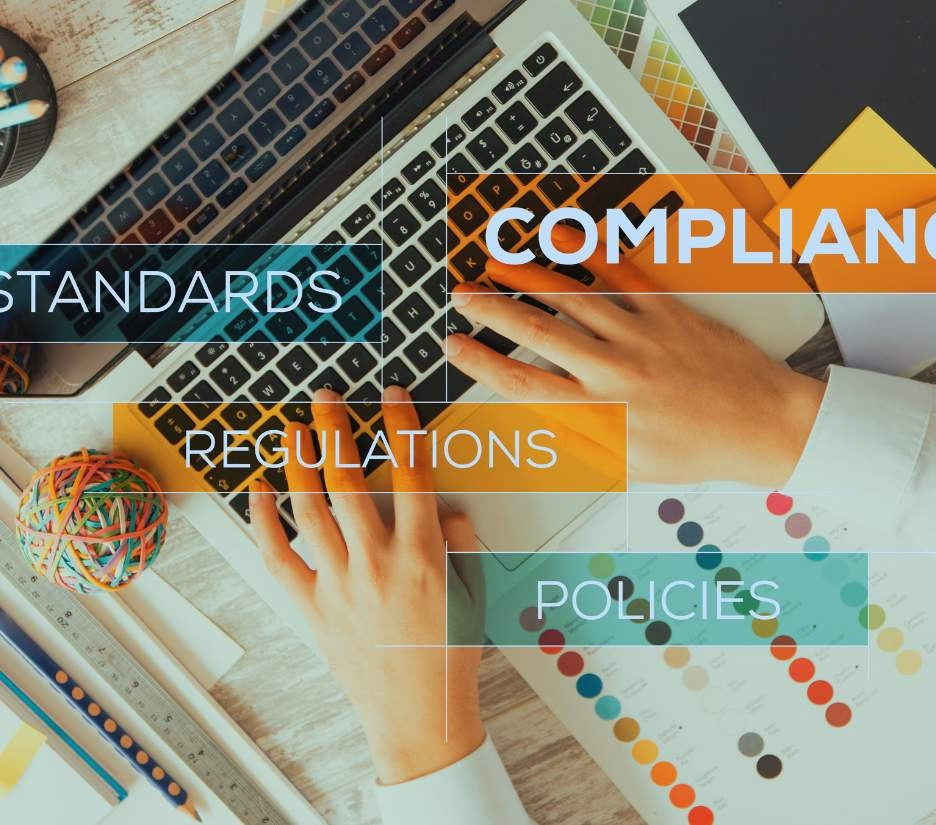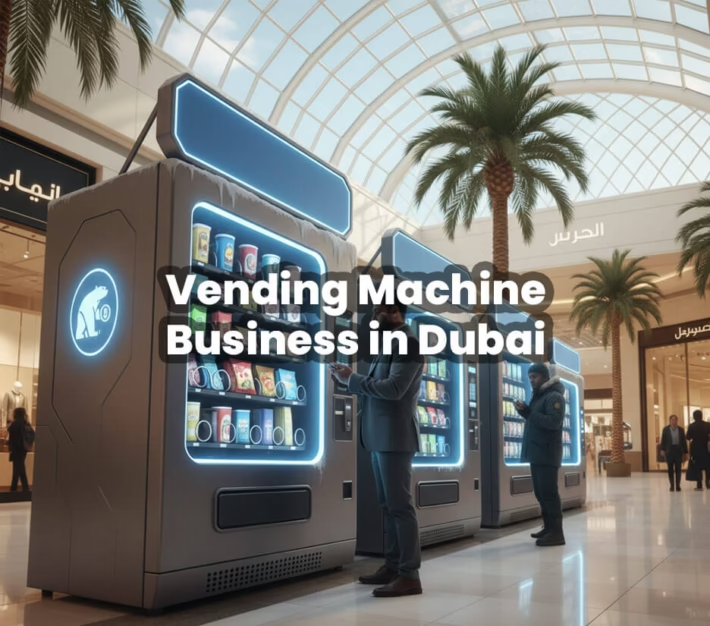SME Legal Compliance in the Middle East: Agreements You Need

Here’s a roadmap of essential legal documents and their purposes (on a non-exhaustive basis) you need to stay compliant and protect your business at each growth stage.
Legal Compliance for SMEs in the Middle East
The Right Agreements at Every Stage of Business
In a fast-paced, opportunity-rich business environment like the Middle East, entrepreneurs and SMEs are launching ventures at an unprecedented rate. Yet amidst the energy of building and scaling, one vital element is often overlooked: Legal Compliance.
At EZONE, we’ve seen time and time again, businesses that start strong, only to face avoidable setbacks due to incorrect corporate structuring/setup, badly-drafted or unclear contractual arrangements, and/or non-compliance with local laws and regulations.
This is especially true in the UAE and other GCC countries, where business laws are rapidly evolving to align with global standards on KYC/AML, data privacy, foreign investment, taxation, and corporate governance.
01) Pre-License Stage: Lay the Groundwork Before You Launch
Before applying for your Mainland trade license or setting up your Free Zone company, make sure your internal relationships are clearly defined.
Founders’ Agreement
As a founder, be it in a family-run business, corporate venture, or multi-partner setup, having a founders agreement in place early on helps avoid future disputes. Here’s why it matters
- Covers equity shares, voting rights, dispute resolution, and exit plans.
- Prevents personal conflicts from affecting professional outcomes.
- Critical in multi-partner startups or family-run ventures, which are common in the Middle East.
Memorandum of Understanding (MoU)
An MoU is a straightforward way to outline intentions when collaborating with early partners, advisors, or freelancers.
- It’s a non-binding agreement that helps clarify the roles, expectations, and goals of all parties involved.
- Particularly useful when working with strategic collaborators in the early stages of a business.
Side Letters for Silent Investors or Nominee Shareholders
In certain Middle Eastern jurisdictions, local sponsorship or nominee shareholders are a legal requirement.
- A Side Letter helps ensure that the true owner retains control behind the scenes.
- Maintaining transparency and structuring legal protection in ownership agreements.
02) Operational Stage: Safeguard Your Daily Interactions
Once your business is live, your documents should focus on customer protection, regulatory compliance, and service clarity. The day-to-day legal maintenance makes all the difference.
Terms & Conditions (T&Cs)
- Clearly state service scope, refund policies, delivery timelines, and liabilities.
- Mandatory for e-commerce businesses operating in the UAE and KSA.
Privacy Policy & Data Processing Agreements
- Especially important post-UAE’s Data Protection Law (Federal Law No. 45 of 2021).
- Required if you collect, store, or process customer data, even through social media or a website.
Non-Disclosure Agreements (NDAs)
- Protect business secrets when dealing with contractors, tech developers, or potential investors.
- Make sure it’s mutual if both parties share confidential information.
Engagement Letters or Service Level Agreements (SLAs)
- Define scope, deliverables, payment terms, and liabilities.
- Particularly helpful for professional services firms, consultants, marketing agencies, and freelancers.
Commercial Agency Agreements
- If you are appointing a distributor or agent in GCC countries like Saudi Arabia, Oman, or Kuwait, you may need to register formal agency agreements under commercial law.
03) Scaling Stage: Prepare for Investment and Expansion
When you begin attracting external funding, entering new markets, or hiring aggressively, your legal framework must mature.
Shareholders’ Agreement
- Governs how shareholders’/board’s decisions are made, how exits are handled, and how shares are transferred.
- Offers various protection mechanisms to both the majority and minority shareholders.
- Crucial when onboarding regional angel investors or family office funds.
SAFE or Convertible Note Agreements
- Popular among early-stage investors who want equity down the line without immediate valuation.
- Ensure these align with the local regulatory environment, especially in DIFC or ADGM jurisdictions.
Employment Contracts & ESOPs
- Include termination clauses, IP ownership, and non-compete clauses.
- ESOPs can attract top regional talent, especially in tech or high-growth startups.
Investor Agreements
- Clarify the rights of minority investors, board representation, and reporting obligations.
- Often bundled with due diligence checklists in Series A or beyond.
04) Cross-Border Compliance: A Middle East Must
Many SMEs in the UAE and the region operate across borders, such as in KSA, Bahrain, Egypt, or even into South Asia or Africa. That means contracts must be enforceable in multiple jurisdictions, and consideration must be given to:
Governing Law and Arbitration Clauses
Contracts must specify the legal jurisdiction and dispute resolution forum. Without this, enforcement becomes uncertain, particularly in foreign markets with unfamiliar legal systems.
Intellectual property protection across multiple countries
A UAE trademark does not offer legal protection in other countries. Brand registration should be pursued in each jurisdiction where advertising, selling, or expansion is planned. Failure to do so may lead to brand loss or enforcement difficulties.
VAT compliance when selling in different markets
Operating in another GCC market may trigger local VAT registration requirements, even in the absence of a physical office. Local tax obligations vary and must be reviewed before invoicing or trading internationally. Errors in this area can result in backdated fines or audits.
Mistakes Commonly Observed
The following legal oversights are among the most common for startups and SMEs:
- Using online templates without jurisdictional adaptation
- Relying solely on verbal agreements with co-founders or relatives
- Failing to update contracts when business models change
- Not registering agents or distributors when required
- Using one-size-fits-all contracts across multiple markets
- Delaying trademark or IP registration until after market entry
Don’t Wait for a Problem to Go Legal
Legal documents aren’t just “admin tasks”; they’re your safety net. The cost of not having the right agreement often far outweighs the cost of getting one in place. It could mean losing a key customer, investor, or even control of your business.
At EZONE, we help SMEs across the Middle East not only start strong but scale smart. From pre-launch agreements to investment-ready documentation, our experts make sure you’re always covered.
Pro Tip: Audit Your Legal Documents Annually
Legal documents should reflect the current stage and structure of the business. A yearly review helps identify outdated terms, gaps in coverage, or risks caused by growth.
Key moments to reassess legal documentation:
- Entry into a new market
- Completion of a funding round
- Business restructuring or partner changes
- Hiring of senior leadership
Routine reviews are a cost-effective way to stay prepared and compliant.
Final Thought
Legal agreements do not slow down business; they support it. With the right documentation, teams work more confidently, customers feel secure, and partners are more likely to invest.
At EZONE, SMEs across the region have been supported through every step of the business journey from business setup to regional expansion. Practical legal support helps reduce surprises and strengthens long-term potential.
For businesses unsure of their current legal standing or in need of document updates, tailored compliance support is available to ensure every stage is legally protected and future-ready.
Need help setting up or reviewing your legal documents?
EZONE offers curated compliance packages for startups and SMEs at every stage. Reach out to us for a personalized consultation.
EZONE specialize in creating content that highlights business setup and consultancy services. We provide expert insights on company formation, licensing, and the latest industry developments. Through this blog, we aim to equip entrepreneurs and businesses with the knowledge they need to navigate opportunities and challenges in today's market.



